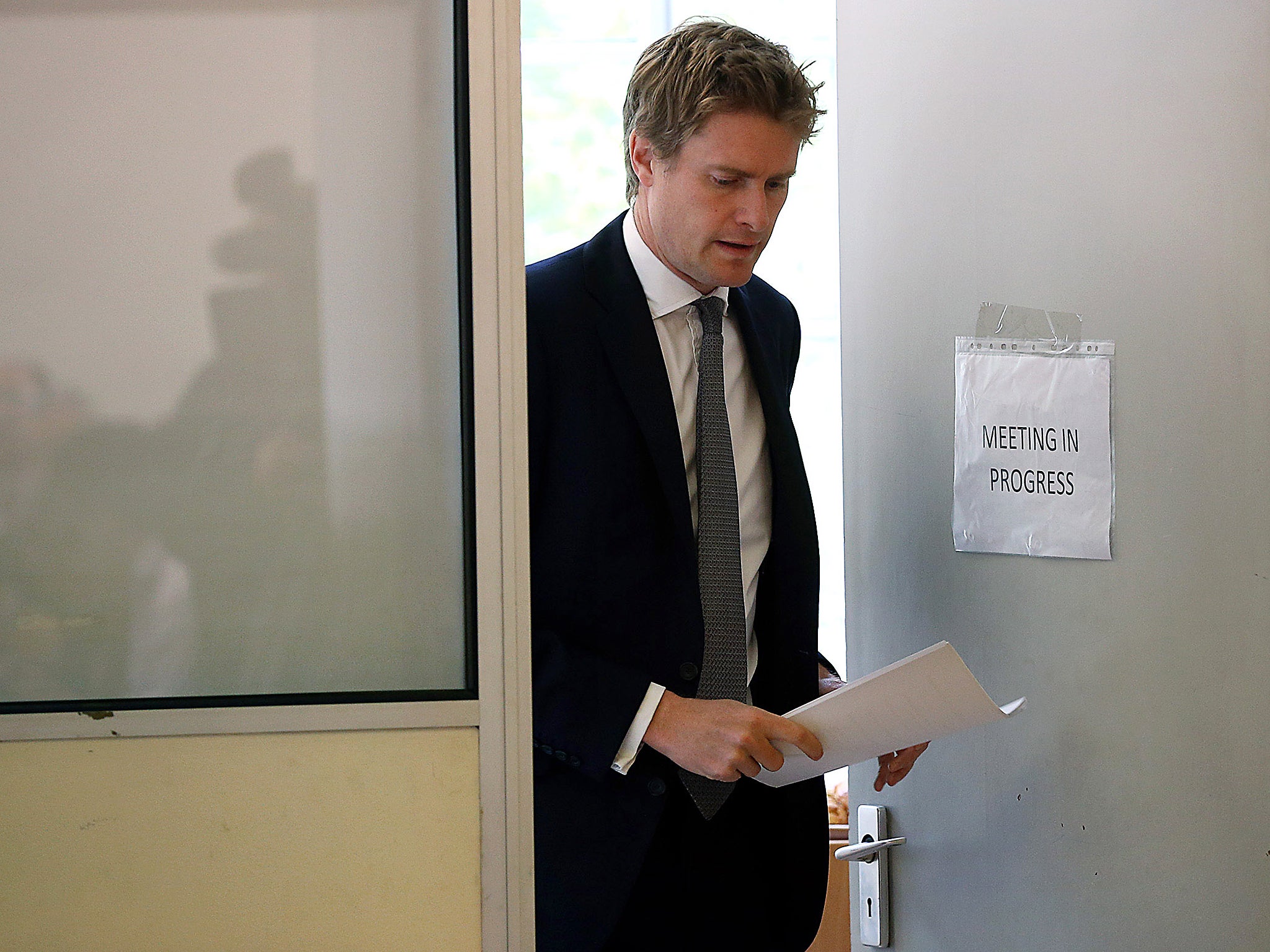Tristram Hunt's resignation is a sign of things to come for Labour – he never intended to help out Jeremy Corbyn
When the forces within the Labour Party against Corbyn divided after he won the leadership, Hunt was with the ‘I can’t make this work’ faction rather than those who wanted to try to make it work, if only to make sure Corbyn got the blame when it didn’t


Tristram Hunt’s resignation as Labour MP for Stoke-on-Trent is a huge shock and entirely predictable. He is only 42 and yet sees no hope for Labour in the foreseeable future, even if Jeremy Corbyn is replaced as leader before the next election – something that his resignation and the by-election it causes makes more likely.
The seat has all the makings of a sensational Ukip by-election victory. The party squeezed into second place at the last election, just ahead of the Conservatives. But Hunt didn’t quit in order to try to damage Corbyn’s leadership – that may be an effect he is happy with, but I suspect he is a member of the “past caring” faction rather than the “agitate, educate, organise” faction of non-Corbynites.
Jamie Reed’s resignation to go to work for the Sellafield nuclear reprocessing centre was a sign that other departures might be coming. But it is never possible to be sure about rumours of “five or six” more Labour MPs thinking of quitting until one of them actually does it.
You can see the attraction to Hunt of the offer of the job running the V&A Museum. He is a historian, a former colleague of mine at Queen Mary, University of London. We used to try not to talk about the plight of the Labour Party when we bumped into each other in the History Department staff room, collecting our student lists for the coming year.
He was the future then. One of the headlines on my articles of which I am most proud was in 2013: “Tristram’s handy – if Ed Miliband loses Labour’s love.” (It wasn’t my headline: Rachel Henry, an Independent on Sunday sub-editor, wrote it, but I’m still proud of it.) As shadow education secretary he had just given three interesting interviews and performed well in his House of Commons debut. This had naturally transformed him from fresh-faced nobody to the next Labour prime minister.
He didn’t sustain that early promise, and wasn’t even a candidate for the leadership in 2015, which was, as everyone realised afterwards, a field that had not cleared a very high bar to run. Not that it mattered, because he was swept away, along with all the others, leadership candidates and backbenchers alike, in the Corbyn flood.
When the forces within the Labour Party against Corbyn divided after he won the leadership, Hunt was with the “I can’t make this work” faction rather than with those wanted to try to make it work, if only to make sure that Corbyn got the blame when it didn’t. Hunt left the shadow cabinet and tried to make his contribution in the field of ideas, talking about Europe and Harold Wilson’s legacy.
Now he is off. The implication is that he doesn’t think it is worth sticking around even if Corbyn goes before the next election. It is getting harder to see how Corbyn can survive. Last year’s leadership challenge was too early, but there are still more than three years to go. That is long enough for Corbyn’s most committed supporters to realise that it isn’t working. If anyone thinks that 24 per cent is the lowest Labour can go in the polls under Corbyn’s leadership they will soon be disabused of such sunny optimism.
But if Corbyn does go, he won’t be replaced by a Blairite such as Hunt. It would be someone capable of building a bridge to Corbyn’s supporters. And it is unlikely to be enough to make the 2020 election remotely winnable for Labour.
Hunt’s departure reflects the structural problem of a party leader elected by enthusiastic new members but with the positive support of perhaps as few as 20 MPs out of 231. It is no use saying party members should have thought that through before they voted for Corbyn, twice, but they should have thought that through.
There will be more resignations and more difficult by-elections to come.

Join our commenting forum
Join thought-provoking conversations, follow other Independent readers and see their replies